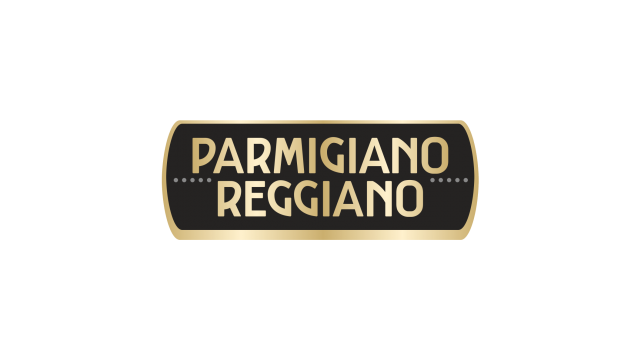“Parmesan cheese” and Parmigiano Reggiano cheese are far from being the same.
However, the vast majority of Portuguese consumers use the terms interchangeably and sometimes buy the so-called “parmesan” thinking they are buying the real Parmigiano Reggiano.
Based in Italy, the Consorzio Parmigiano Reggiano is an entity that is dedicated to enhancing, promoting and protecting the Parmigiano Reggiano brand worldwide and has chosen the RTM Dairy Trust to improve awareness of this magnificent cheese in the Portuguese market, where consumers sometimes buy cheese that is not authentic. "Parmigiano Reggiano is considered a cultural and culinary masterpiece of Italy. Meeting this challenge is an honour for RTM, as we are not only dairy producers with many decades of experience in the Portuguese market, but also leaders in the import of dairy specialities from Europe. We are very well prepared to represent the Parmigiano Reggiano Consortium in our country”, says Susana Neves, Business Expansion and Marketing Director at RTM Dairy Trust
PARMIGIANO REGGIANO IS THE REAL ONE
Authentic Parmigiano Reggiano offers benefits that other cheeses cannot match.
We have always been fascinated by Parmigiano Reggiano. And the more we know about Parmigiano Reggiano, the more we want to help Portuguese consumers understand why they should prefer this wonderful cheese. Some cheese manufacturers use names similar to Parmigiano Reggiano to create confusion, such as “parmesan cheese” or “Italian grated cheese”. These cheeses are often made with processes and ingredients which are quite different from the traditional methods used in Italy – consequently, these alternatives fail to deliver the quality experience, unique taste or nutritional benefits of Parmigiano Reggiano. For example, most people are unaware that real Parmigiano Reggiano is made with just three natural ingredients (milk, rennet and salt) and contains no preservatives. Real Parmigiano Reggiano is made in a very specific region in northern Italy, using methods that have remained virtually unchanged for almost a millennium and are subject to rigorous compliance testing and certification.


